Nikko
Nikko is located 150 kilometers north of Tokyo in the northwest corner of Japan’s Tochigi Prefecture. The train journey from Tokyo to Nikko takes roughly two hours via express train. The city is shaped like a mushroom with most of the historical sites at the stem. The cap area, which lies north and west of the city center, is mostly forested with the vastness of Nikko National Park to the north and Lake Chuzenji to the west. The quirkier attractions like Edo Wonderland and Tobu World Square are located east of the city center.
Kinugawa-onsen station
TOSHOGU SHRINE
AKECHIDAIRA
KANMANGAFUCHI ABYSS
ITALIAN EMBASSY VILLA MEMORIAL PARK
Edo Wonderland
Tobu World Square
Kegon Falls
Hotel Kanaya
Edo Wonderland
Edo Wonderland recreates life in pre-1868 Tokyo, also known as the Edo period. To get the full experience, you should rent a period costume. You can get a Towns Man outfit for less than 3,000 yen. As you go up in status, the prices increase. The Lord costume is close to 10,000 yen. It can take up to ten minutes to don the grand Lord costume, but you’ll have the help of the museum staff. They’ll make sure your (real) sword is in its right place as well. While you’re there, be sure to check out one of the amusing water shows or the riveting ninja show, after which you can get your picture taken with the combatants. The theme park has dozens of different wooden, kawara roof buildings. Each has a different theme, and it will take at least a couple hours to fully experience the outdoor theme park.
Tobu World Square
Tobu World Square is an outdoor museum with 1:25 scale replicas of more than 100 famous buildings and landmarks from around the world. The detail in the models is awe-inspiring. Some even make sounds and have moving parts. The models are conveniently arranged by continent. Be sure to check out Buckingham Palace!
Both Edo Wonderland and Tobu World Square have onsite restaurants, which are convenient if you are limited on time.
Ashiyu (Onsen Baths)
If you’re looking to experience the famous Japanese onsen baths, check out Akebi Onsen, which is a ten-minute walk from Edo Wonderland. This is quite convenient as most attractions are not within walking distance of one another once you are outside of the city center. If it’s your first time, try starting with your feet. Submerging your feet is enough to create a tingling sensation throughout your body. After that, you can decide how much farther down you’re willing to plunge.
Toshogu Shrine
Tosho-gu is considered to be one of Nikko’s top attractions as it attracts both Japanese and international tourists. The complex includes the shrine and related museums. Tosho-gu is also famous for the three wise monkeys (hear no evil, speak no evil, see no evil), which are carved into the shrine’s horse stable. The first shogun of the Tokugawa Bakufu (1600-1868) died in 1612 and is enshrined on the grounds as well. Allow at least two hours to visit the entire complex.
Kanmangafuchi Abyss
Located west of central Nikko, along the Daiya River, Kanmangafuchi Abyss was formed by Mount Nantai’s last eruption nearly 7,000 years ago. Along the walking trail, you’ll find 70 stone Jizo statues looking out over the river.
The abyss is roughly 30 minutes by foot from Tosho-gu Shrine. Tamozawa is the nearest bus stop. Nikko Botanical Garden is nearby, but cannot be reached from the abyss.
View Point at Akechidaira (Ropeway ride)
If you’re not afraid of heights, go for a ride on the Akechidaira Ropeway at 86 meters (282’) above the surrounding mountain range. The tram ride to the observation deck takes less than three minutes and is well worth it for the view of Kegon Falls and Lake Chuzenji. At 86 meters, the falls and the lake beyond look relatively tiny.
Kegon Falls
The Kegon Falls were formed when the Daiya River was rerouted by flowing lava. After you see the falls from afar, it only makes sense to get a closer view. There are two observation decks from which you can photograph the 97 x 7 meter (318 x23′) falls. Nearby, along the eastern shore of Lake Chuzenji, there are several restaurants and small noodle shops worth checking out.
Lake Chuzenji
At nearly 1,270 meters and with an average depth of 163, Lake Chuzenji is western Nikko’s main attraction. If you plan to arrive by bus, Chuzenji Onsen is the nearest bus stop. From there, you can take a scenic cruise across the 20,000-year-old lake or enjoy a leisurely stroll along the southeastern shore. Most of the area restaurants are along the lake’s eastern shore. There are several hotel options along the lake’s northeastern shore, making this an ideal area to stay if you plan on spending the night.
Italian Embassy Villa Memorial Park
The former British and Italian embassy villas are open to the public. Embassy staff knew that Nikko is an ideal place to escape the intense humidity of summers in Tokyo. The nearby Belgian and French villas are still in use by their respective ambassadors and staff. The British Embassy Villa has some historical exhibits and also serves afternoon tea.
Cycling
The fact that traffic is minimal and the air is fresh makes Nikko an ideal place for cycling. You can rent a bike from Docomo Bike Share, starting at 1,000 yen per day. With the exception of the central area, attractions tend to be spread out. This is another reason that having a bike can help you get from location to location faster than waiting for a bus and at a fraction of the cost of renting a car. If you’re willing to pay for a guide and want to cycle in a group, check out some of the available bike tours via TripAdvisor.
Strawberries, Vegan Food & Tochigi Beef
Whether you choose to explore the center, east, or west of Nikko, you’ll have a chance to explore the area’s unique food culture. For example, the Tochigi Prefecture is the strawberry capital of Japan. Whether you’re in a grocery store, cafe, or street stall, you’ll likely see a variety of strawberry-infused confections. Strawberry popcorn, dried strawberries infused with Japanese chocolate, strawberry mochi, waffles, etc. are just some of the creative uses of Tochigi’s local fruit that you can sample during your day trip to Nikko. It’s not unusual to see people from Tokyo shopping in some of the local grocery stores.
Many restaurants in Nikko offer shojin ryori, which translates to Buddhist cuisine. If you are near Tosho-gu Shrine, check out Gyoushineti, which offers a special vegetarian menu. There are options in the east and west, as well. While even non-vegetarians tend to be familiar with tofu as a source of protein, the Japanese are also fond of yuba, which is dried tofu skin. It’s chewy and has a nutty in taste and also soaks up flavors much better than regular tofu.
Quality beef is a source of pride for many Japanese. Talk food with the locals, and they are likely to inform you that their local Tochigi Waygu Beef has the same top (A5) rating as the world-famous Kobe beef. While it’s not as universally known, it’s certainly worth trying, if for no other reason than to see how it compares to the super-hyped Kobe beef. You’ll likely enjoy the same richness and tender texture that makes thinly sliced Kobe beef skewers sell for 1,200 yen on the streets of Tokyo.
Practical tips for visiting Nikko
Non-Japanese passport holders can purchase a Nikko pass at Tokyo’s Asakusa Station Tourist Information Center. For less than the cost of a regular round trip train ticket, it includes a round trip rail journey from Tokyo to Nikko as well as unlimited bus travel in Nikko. Pass holders also get discounts at many attractions. There are two versions. The All Area Pass covers everything in this post, while the World Heritage Area Pass is more restrictive and only covers the town center and some attractions to the east. There are also alternative tickets available during winter. Compared to Tokyo, Nikko is extremely car friendly. Most areas have ample parking, so renting a car and driving yourself is also doable if your budget allows.
Want to keep the conversation going? Let’s connect via my social links below.
Like this post and want to share? Planning a trip to Nikko? Pin it for later!
This post was sponsored by Tobu Railways. You can check their schedules and rates here. I stayed at the Nikko Kanaya Hotel.
All pictures were shot with a Panasonic Lumix ZS100 4K Point and Shoot Camera with the exception of any Instagram pics.
Have you been to Nikko? If so, what did you do? Leave a comment below!

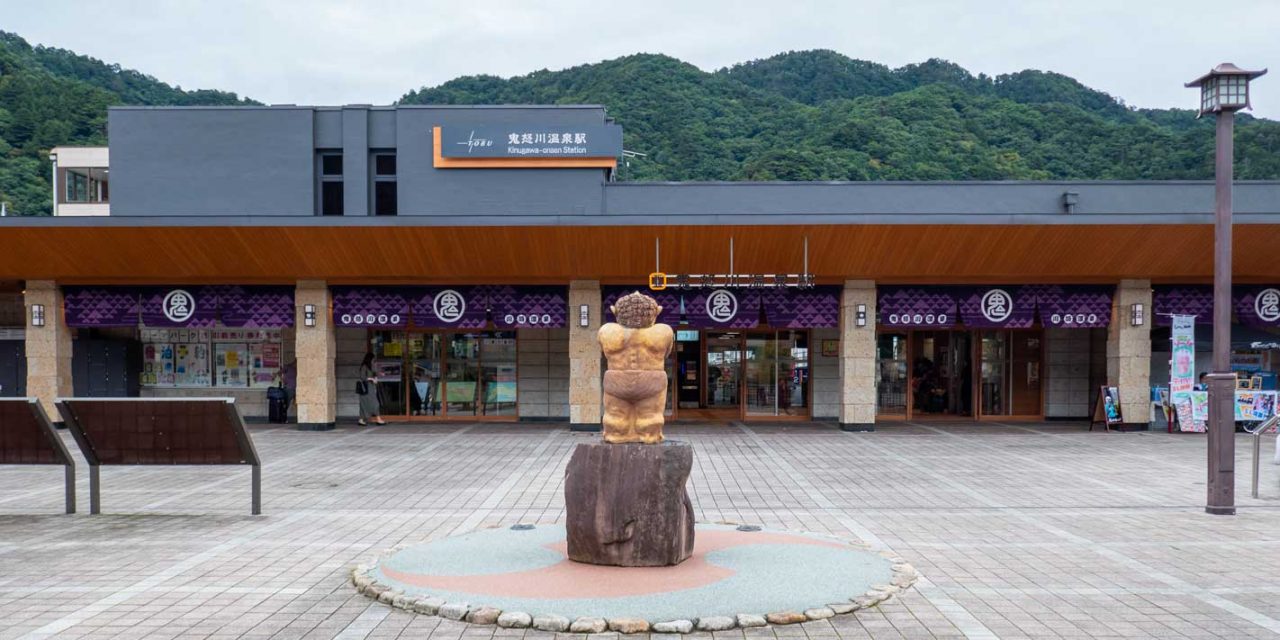
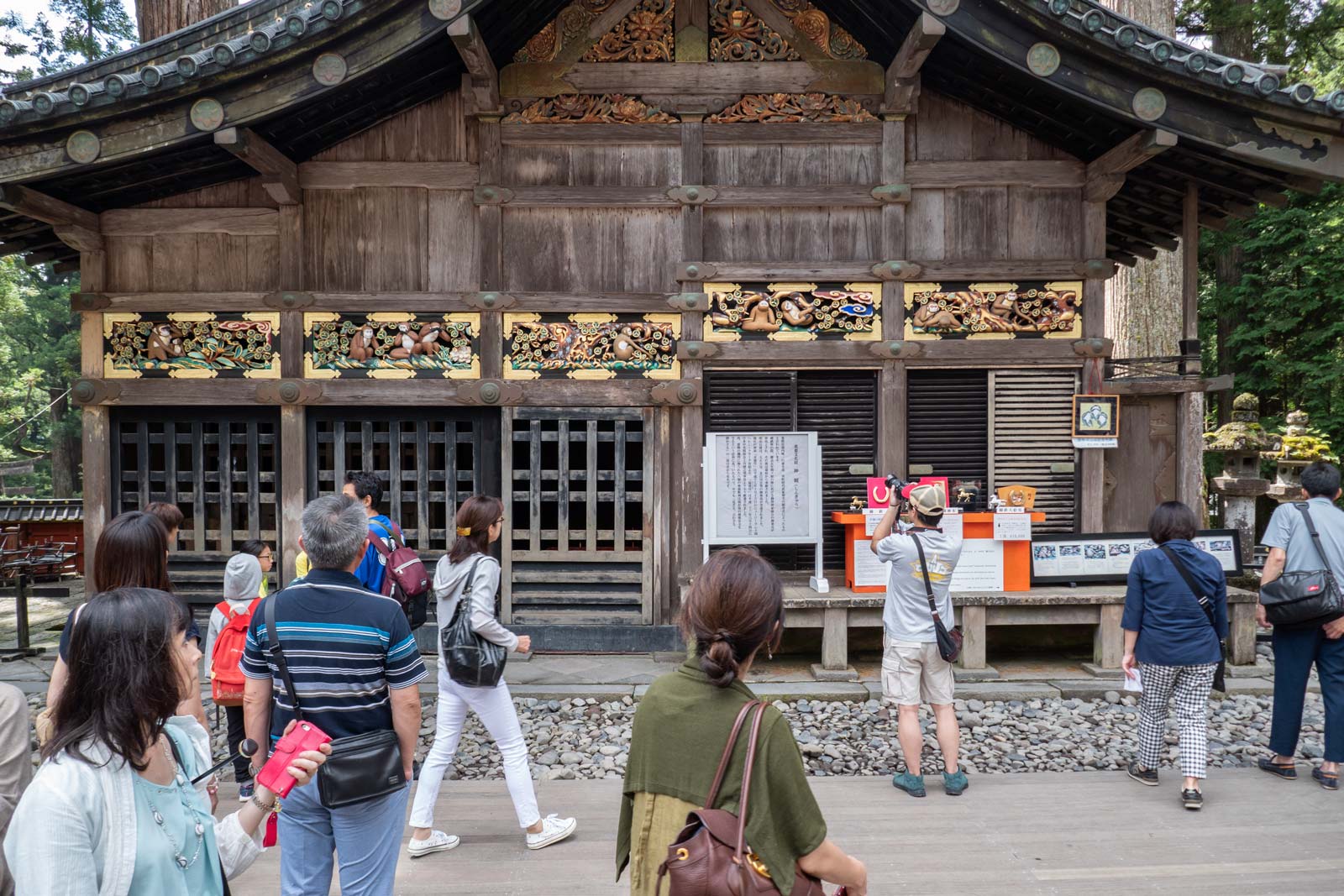
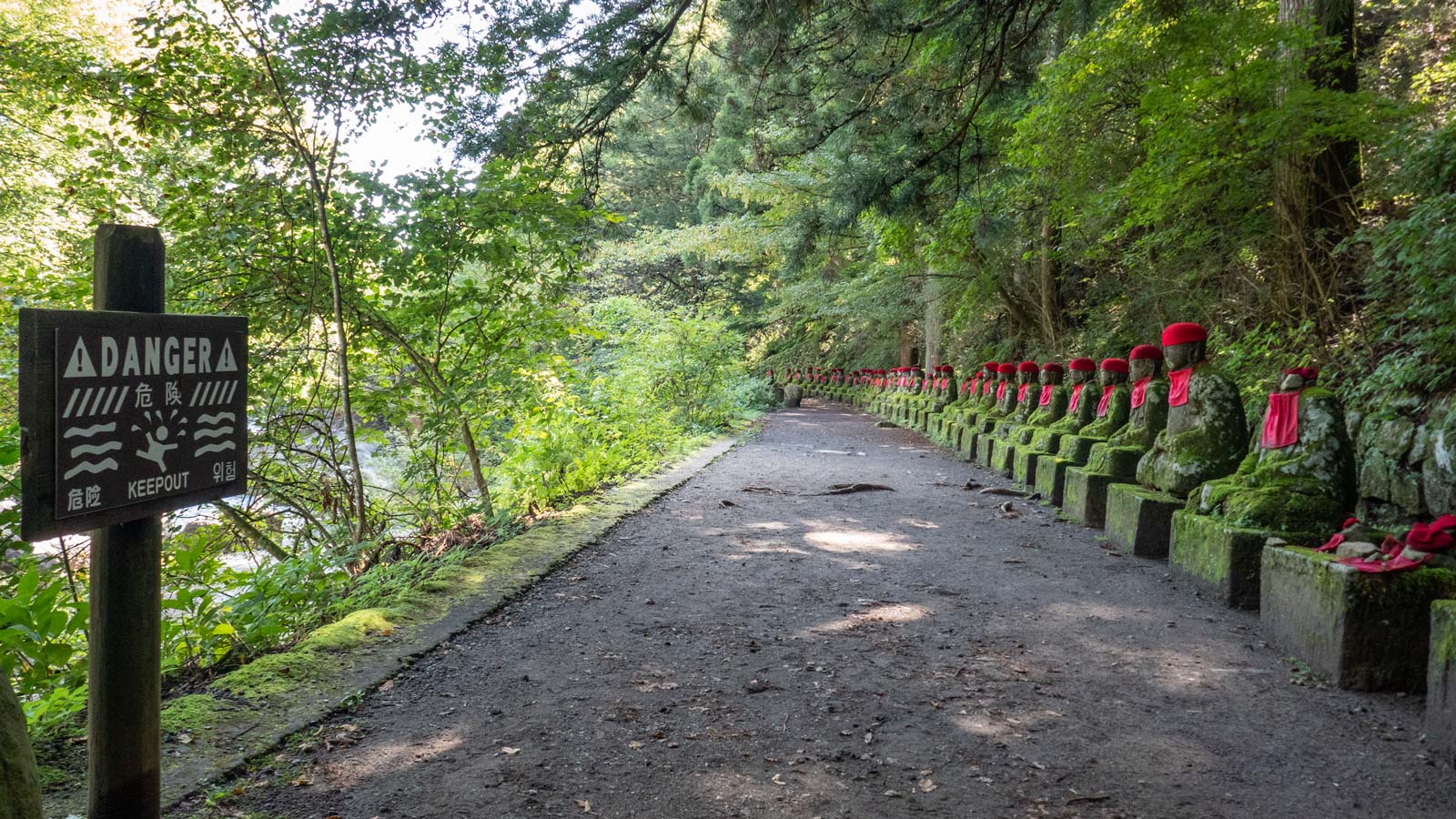
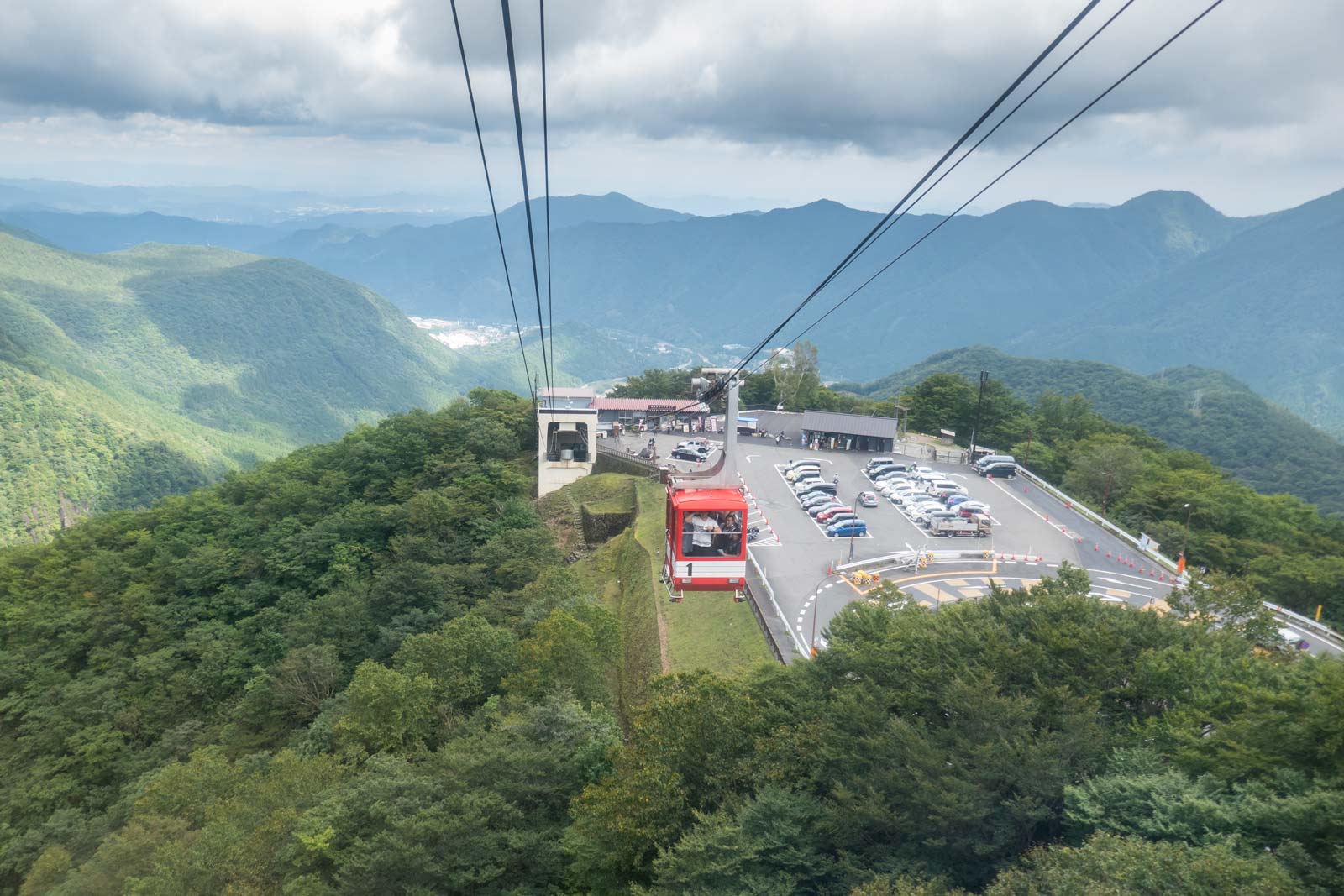
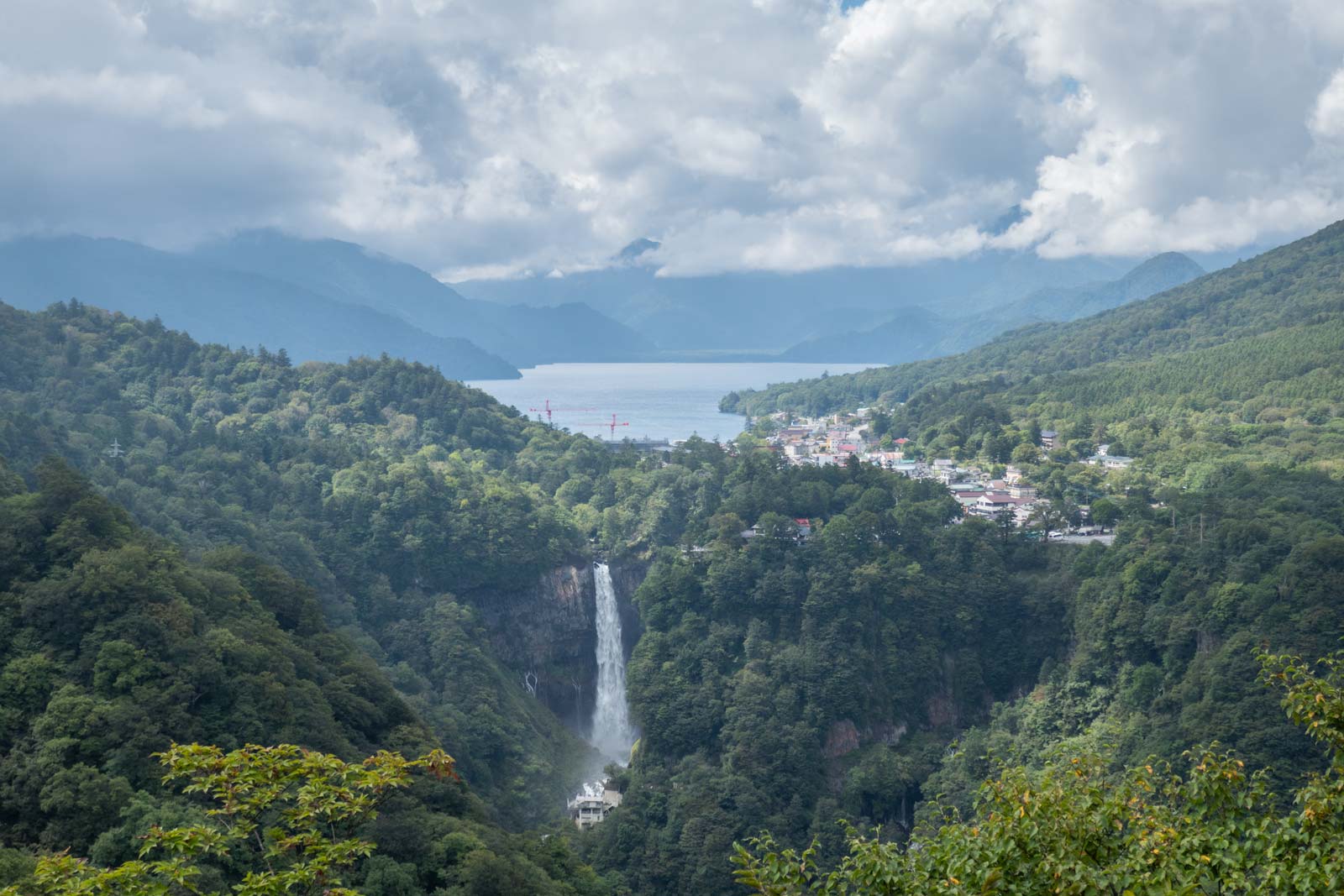
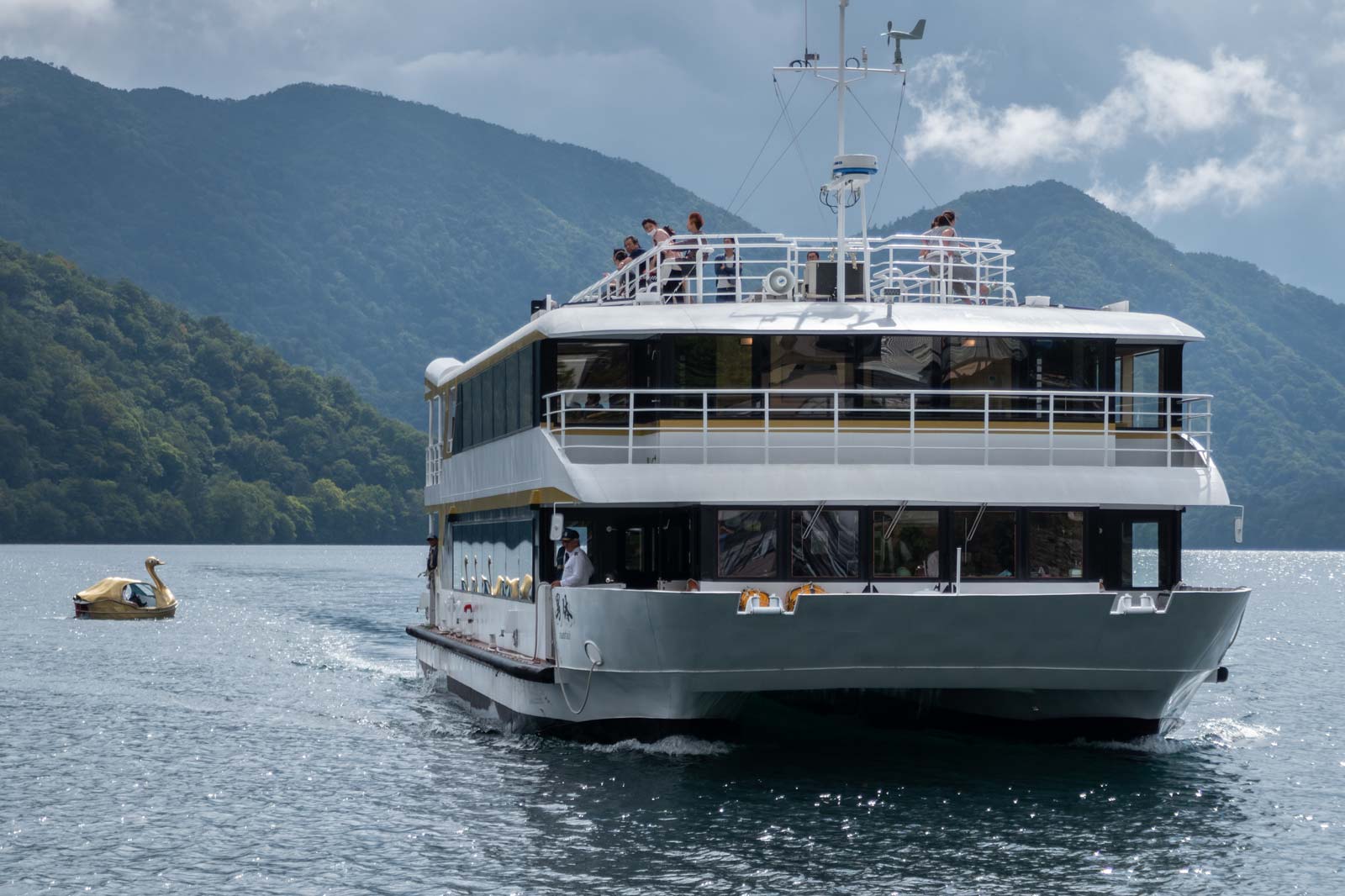
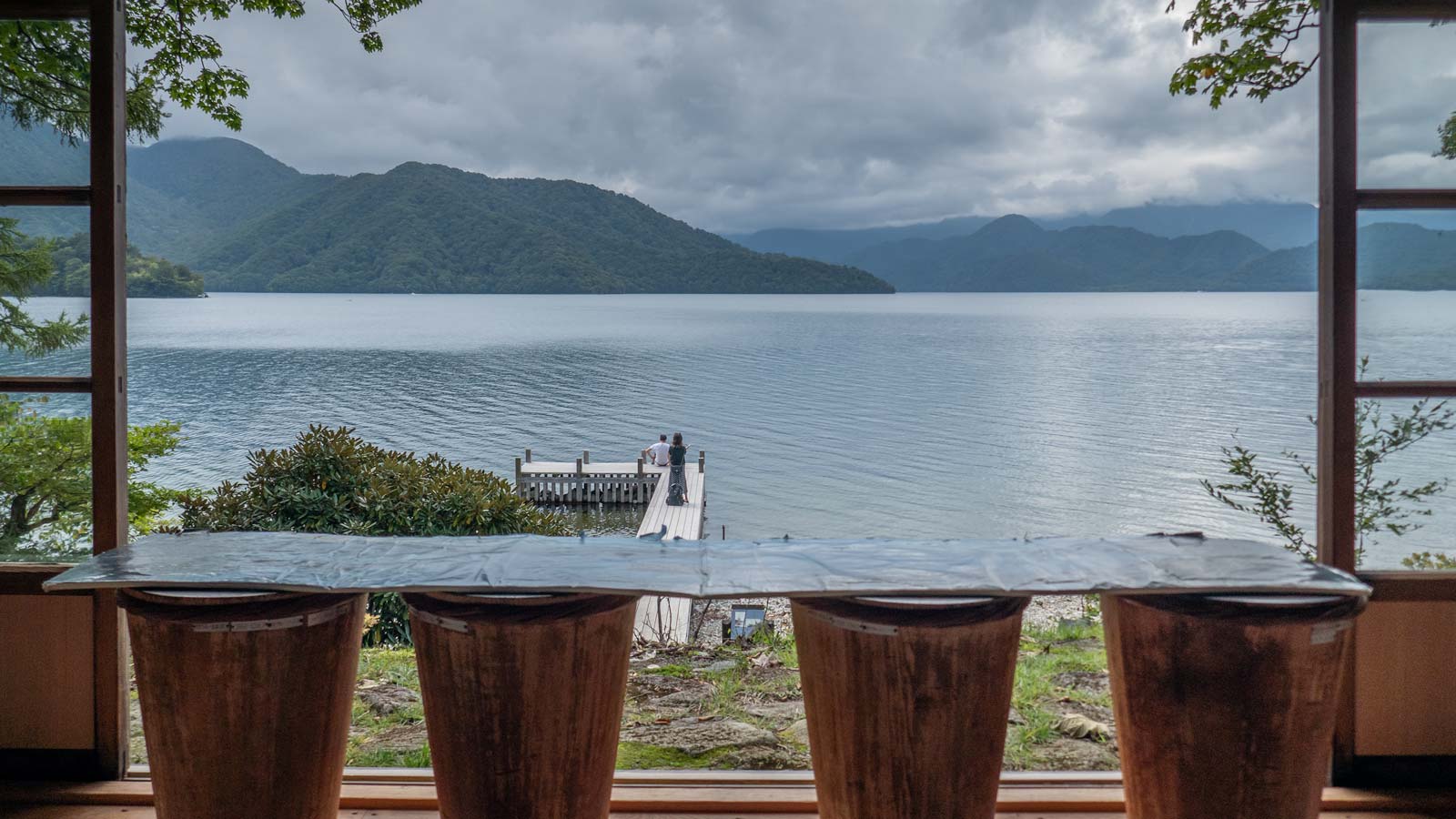
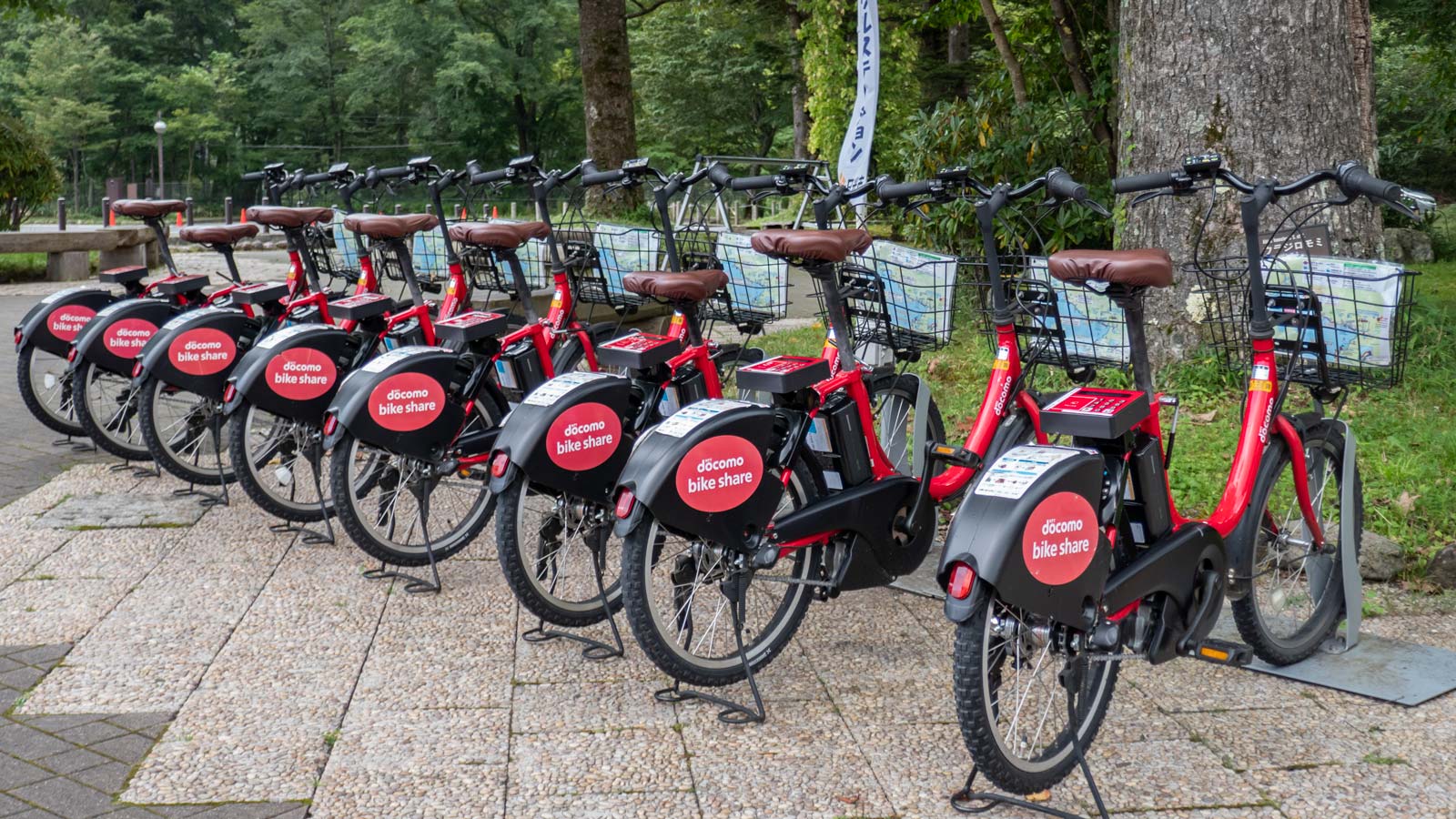
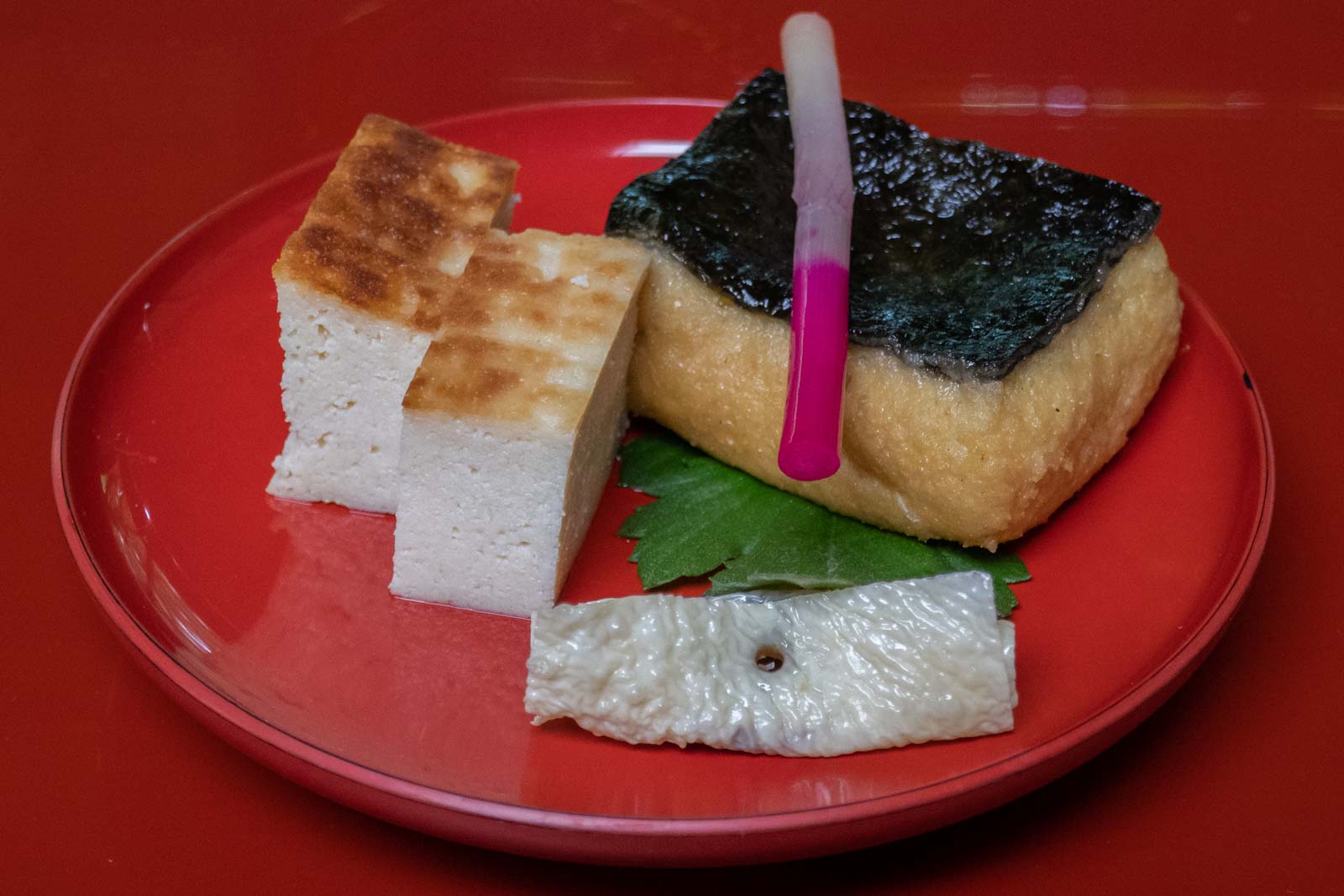
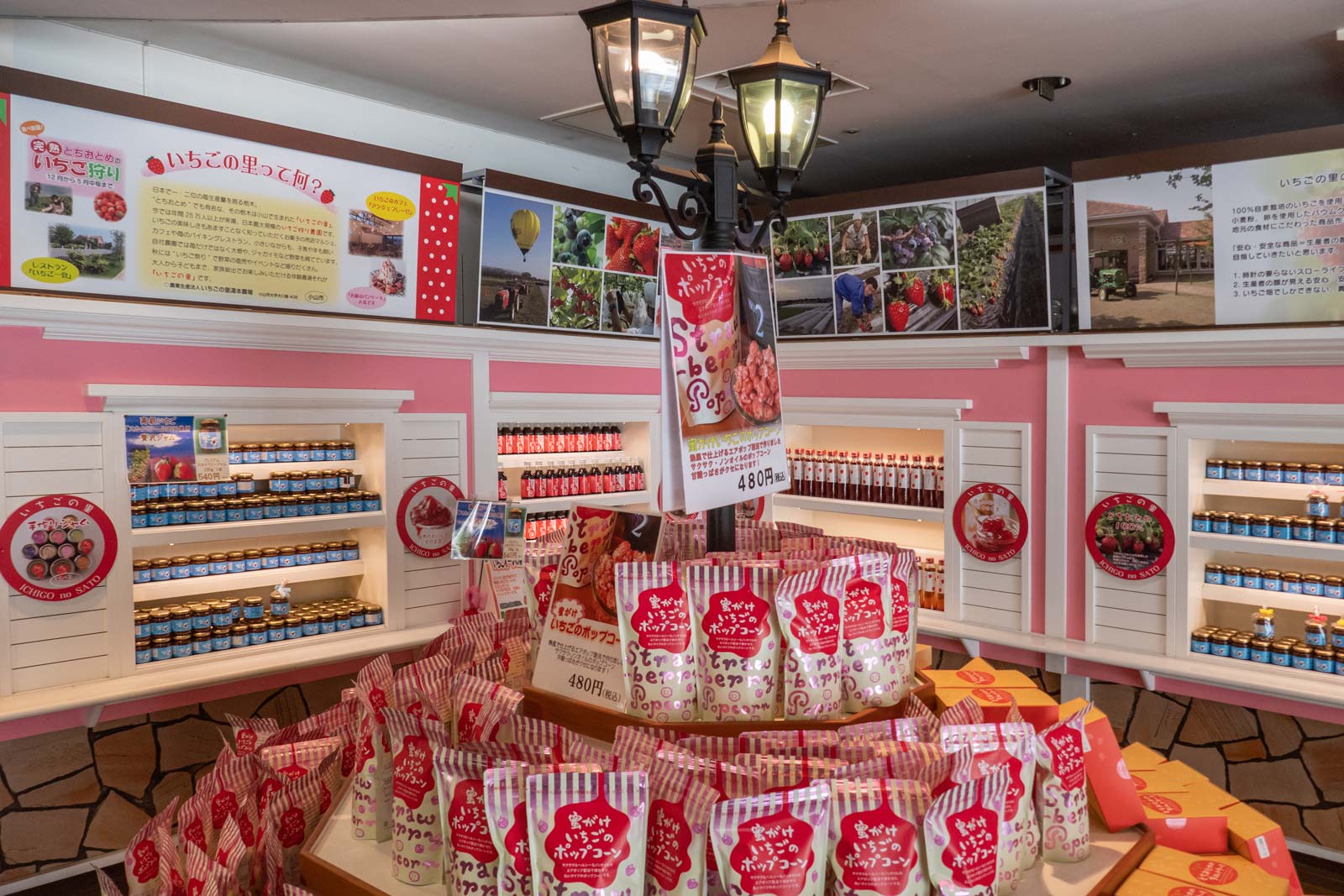

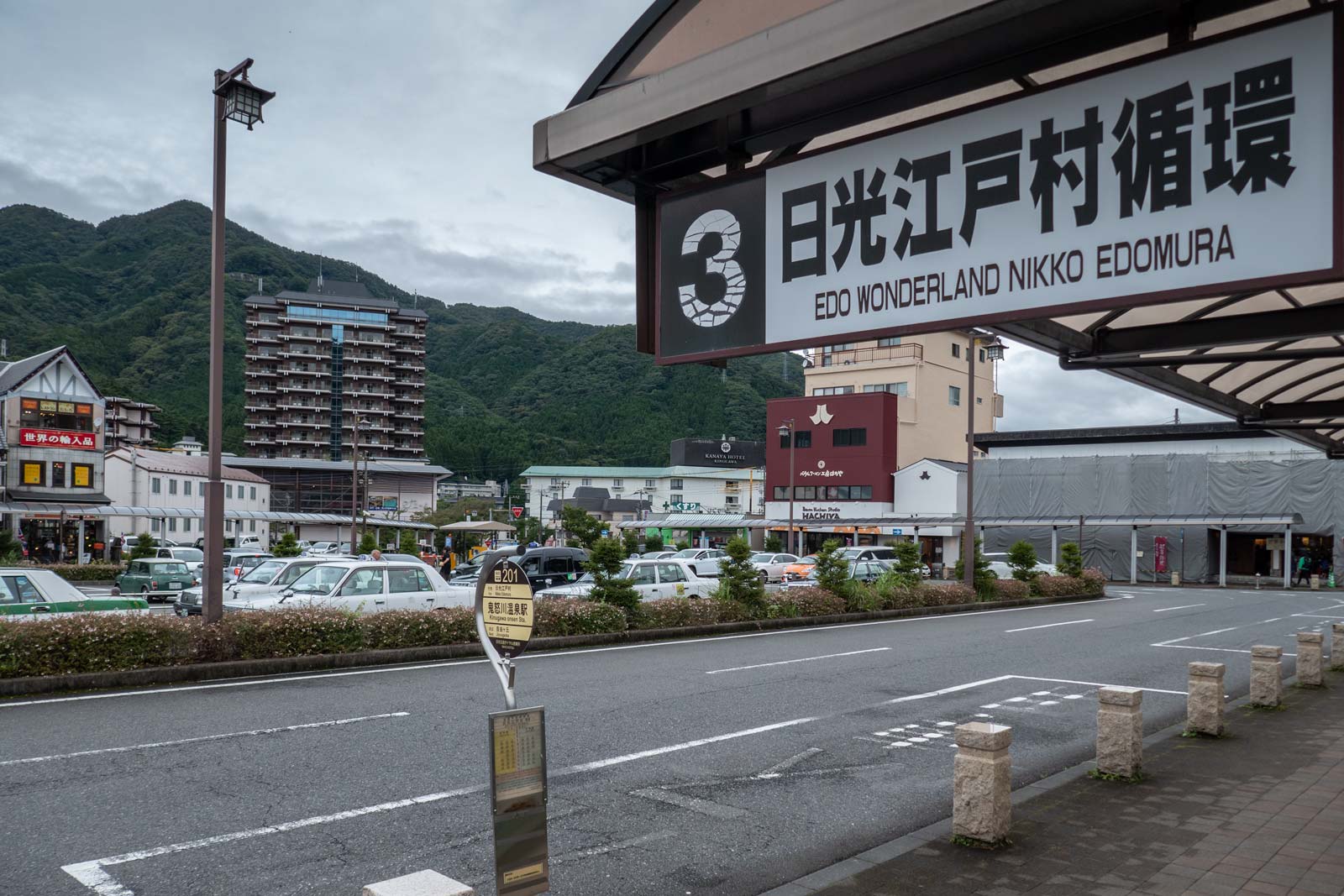
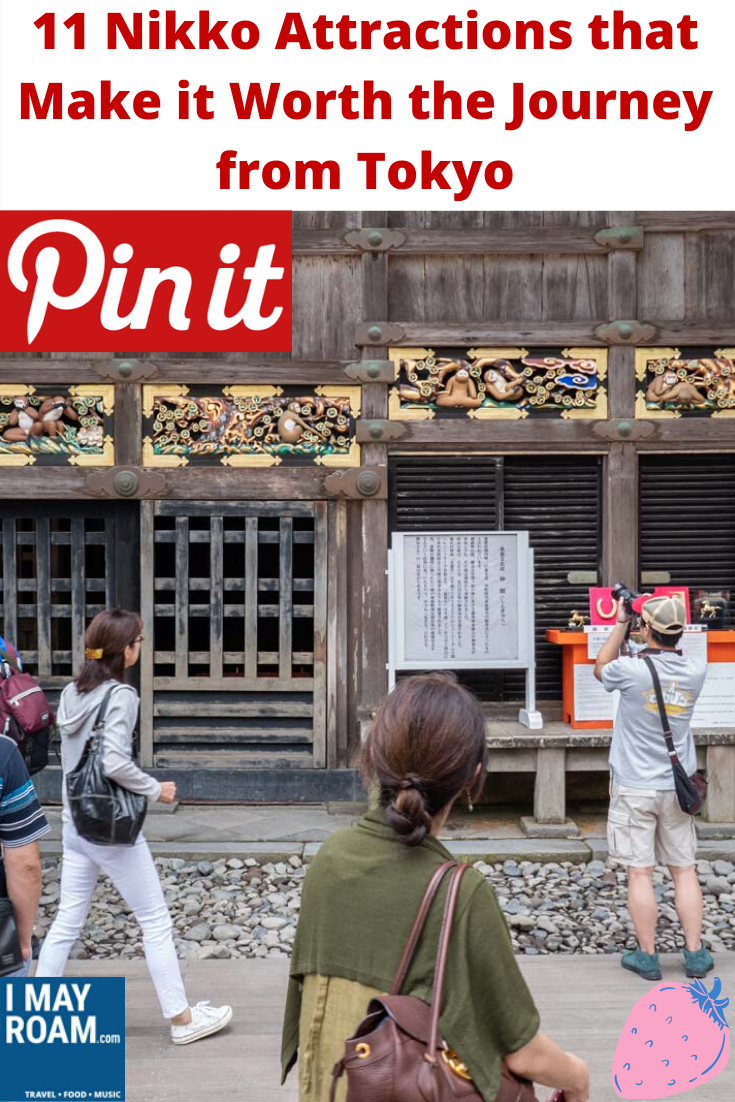
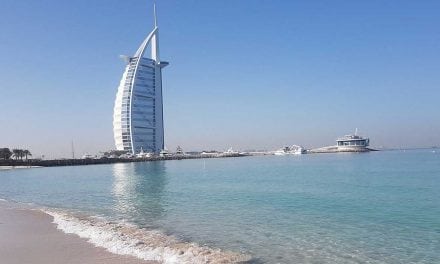
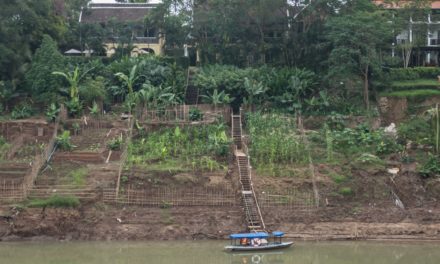
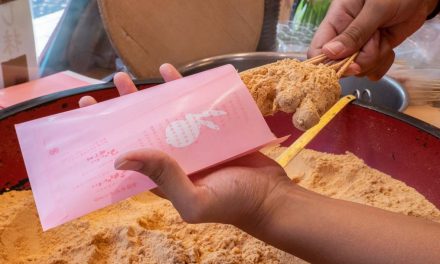
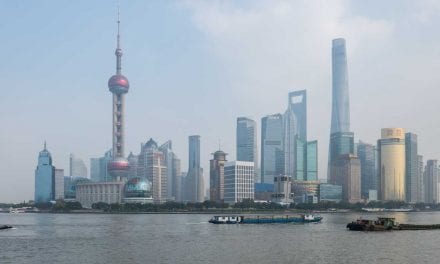

I’ve been dying to visit Japan! Tobu World Square looks so cool, I had to do a double take at first! I feel like there’s so much to see in and around Tokyo that I would need to spend two weeks there to do it justice!
Hi Christine. Tobu World Square was my favorite attraction in Nikko.
I’ve always wanted to visit Japan, and it looks like you had a great itinerary. Was transportation fairly easy to arrange there? Tobu World looks like it was quite an interesting experience!
What neat spots. I would love to make it here one day. I know I’d love the food there.
Hi Amber. And it’s an easy day trip from Tokyo!
This looks like a perfect place to visit, with such nice relaxing spots. I would love to go to Edo Wonderland, Tobu World Square, and Onsen Baths. And I’m all about places that have on-site restaurants! But what about the baths causes a tingling sensation?
Hi Maire. I’m assuming it’s the sudden heat that causes the tingling.
I would love to rent a bike. This would be a fun way to explore the town
Hi Tara. I suggest downloading the offline maps before renting a bike in Nikko.
Another nagging reminder that I should start planning a trip to Japan. I keep putting it off… tsktsktsk.
WOW! You are so lucky! Those place are amazing! I would definitely love to spend some vacation days there!
Hi Cristina. Yes, I feel lucky exploring such an interesting country!
It looks like a fabulous experience! I would love to be able to do this some day. I’ll be adding it to my bucket list 😀
Oh what fun spots and such a cool experience. I would love to be able to visit Japan someday. Thanks so much for sharing this with all of us!
Japan is on our bucket list and after reading your post I’d love to include Nikko in our itinerary when we plan our visit. Good to know that it is only 2 hours away from Tokyo via express train. My kids would definitely enjoy visiting Tobu World Square and that view of the Kegon Falls from the observation deck is incredible. Great post!
Thanks Aditi. Tobu World Square was my favorite.
Japan is one of my dream destinations, and I really hope to visit next year. Saying that, Nikko looks great, and clearly has many great attractions like the falls!
Hi Lisa. Yes, Nikko is so green and laid back compared to Tokyo.
Edo Wonderland sounds like so much fun with the addition of the opportunity to don a period costume and blend in! Lake Chuzenji and Kegon Falls are beautiful, and I’d love to head there, too. Sounds like Nikko is well worth a day trip, if not a few days of exploring!
Hi Tami. Nikko is doable as a day trip but you’ll be rushed. I’d suggest 2-3 days.
This is such an adventure! I’ve never been to Nikko, but I’d love to. It looks like a nice place with a lot of fun things to do. Thanks for sharing!!
Hi Candace. I suggest spending a night or two if possible.
They all look like great reasons to get out of Tokyo. I loved visiting the baths when I was in Japan, such an authentic experience. How long do you think you need in Nikko to fully embrace the place?
Hi Paul. I’d give yourself at least 3 days.